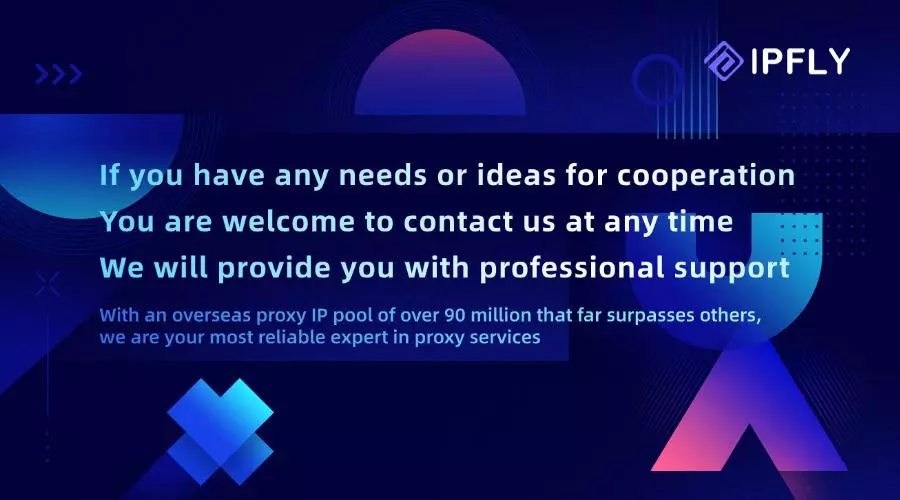The question “how much do proxies cost?” is often followed by “are they really worth it?” While the price can range from a few dollars to thousands per month, the value derived from a quality proxy service often outweighs the expense by an order of magnitude. To understand this, you must first deconstruct the cost and then weigh it against the powerful benefits.

Deconstructing the Cost: What Are You Paying For?
Proxy pricing isn’t arbitrary. The cost is determined by several key factors that directly impact performance and success rates.
1.Proxy Type (The Biggest Driver of Cost):
- Datacenter Proxies: These are the most affordable. They come from servers in data centers and are great for speed and simple tasks, but they are also the easiest for websites to detect and block.
- Residential Proxies: These are the industry standard for high-stakes tasks. A residential proxy from a provider like IPFLY uses a real IP address from an actual home, assigned by an Internet Service Provider (ISP). This makes your requests appear as genuine user traffic, offering high legitimacy and very low block rates. Their higher cost reflects their scarcity and superior effectiveness.
- Mobile Proxies: These are the premium option, using IP addresses from mobile carrier networks. They are ideal for tasks involving mobile apps or sites that prioritize mobile users.
2.The Pricing Model:
- Per Gigabyte (GB): This is common for residential and mobile proxies. You pay for the amount of data you transfer.
- Per IP / Subscription: This is more common for datacenter proxies, where you pay for a set number of IPs over a specific period.
- Hybrid Models: Some providers offer flexible plans that combine these elements.
3.The Quality of the Provider:
You are also paying for the provider’s infrastructure. A premium service like IPFLY invests heavily in a large, clean, and ethically sourced IP pool, high-speed servers, guaranteed uptime, and responsive customer support. A cheaper service might cut corners, leading to slow, unreliable, and easily blocked proxies.
The ROI: Core Benefits That Justify the Investment
Now, let’s look at the immense value a proxy service delivers.
Benefit 1: Unlocking Mission-Critical Data
Your business thrives on data. Proxies are the key to large-scale web scraping for competitor pricing, market trends, SEO keyword analysis, and lead generation.
The ROI Question: What is the value of knowing your competitor’s pricing strategy in real-time, or of acquiring a list of 1,000 highly qualified sales leads? This data, made accessible by proxies, can directly translate into revenue.
Benefit 2: Achieving a Truly Global Reach
Proxies allow you to bypass geo-restrictions and see the web as if you were in another country. This is invaluable for:
Ad Verification: Ensuring your international ad campaigns are running correctly.
App & Website Testing: Checking how your products function and appear in different regions.
E-commerce: Viewing local product listings and pricing on global marketplace sites. The ROI Question: What is the cost of a failed international marketing campaign due to inaccurate testing? IPFLY’s extensive global network of residential proxies mitigates this risk.
Benefit 3: Securing and Scaling Your Online Operations
Proxies provide a crucial layer of security and anonymity. They mask your company’s true IP address, protecting you from targeted attacks. They also enable you to safely manage multiple social media or e-commerce seller accounts without getting them linked and banned, which is critical for scaling marketing and sales efforts.

An Investment in Capability
Viewing a proxy service as a simple line-item expense is missing the point. A reliable proxy service is an investment in capability. It grants you access to invaluable data, provides global reach, and secures your digital operations in a way that no other tool can. When you choose a high-quality provider like IPFLY, you are not just buying IPs; you are investing in the technology that allows your business to gather intelligence, operate globally, and grow faster. The return on that investment is almost always worth the cost.


